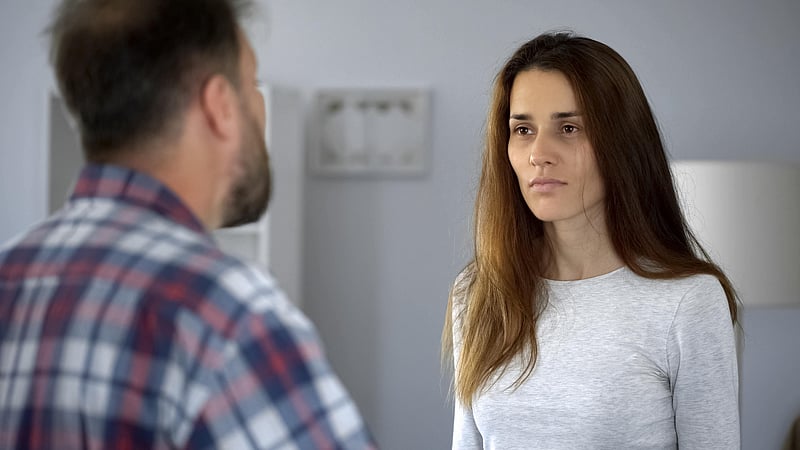Get Healthy!

- Posted March 14, 2022
About 1 in 6 U.S. Couples Disagrees on COVID Vaccination
Vaccine politics can apparently lead to some mismatched bedfellows, a new study suggests.
It found that about 1 in 6 U.S. couples have one partner who is vaccinated against COVID-19 and one who is not, and there are several reasons why.
"The numbers might be small in this study, but in terms of public health -- if this translates to about 16% of the U.S. population, that's a huge number," said study author Karen Schmaling, a psychologist at Washington State University.
The study involved a survey of 1,300 people who lived with a significant other and most said either both they and their partner were vaccinated (63.3%) or unvaccinated (21%).
But 15.6% said one partner was vaccinated and the other was not (discordant couples).
Survey participants from those discordant couples were asked to rank 10 common reasons for being unvaccinated on a scale of 0 to 10.
And people on both sides of the vaccine divide ranked safety as the No. 1 reason why they or their partners have said no to the shots.
When it came to other reasons, significant, and sometimes whimsical, differences emerged.
Vaccinated respondents ranked the myth that "COVID-19 isn't real" and medical issues as stronger reasons and religious objections as weaker reasons why their partners had skipped the shots.
Some said their partner didn't take the jab in a belief that "the government is overstepping its bounds." And then there was this: "He's stubborn."
Reasons from unvaccinated respondents included "I am not afraid of COVID" and "I have natural immunity."
Schmaling noted partners have been shown to have a lot of influence on each other's health behavior.
Her findings -- described as the first known scientific study to examine this issue -- are being published in the March 18 issue of the journal Vaccine.
"Vaccines clearly decrease the likelihood of infection and severity of illness, so discordant couples could be a real focus of identification and intervention efforts," Schmaling said in a university news release.
She noted that the study included only one, not both members, of each couple, and that including both members of couples would be a good area for future research.
Schmaling pointed out that discordant couples may not actually disagree about vaccines, as in cases where a person didn't want to get the shot but had to for their job.
"The first thing is to try to estimate how common this is, and the next is to figure out why," Schmaling said. "If it looks like there's a disagreement, it would be fascinating to find out from some of these couples what their conversations have been like and how have they tried to resolve it."
More information
There's more on COVID-19 vaccines at the U.S. Centers for Disease Control and Prevention.
SOURCE: Washington State University, news release, March 10, 2022




